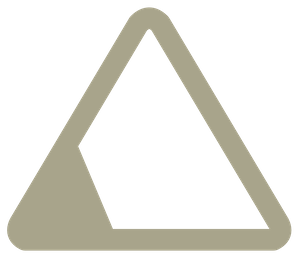technology isn't invented, it's inevitable
I was training an engineering team at Apple in 2010 after a minor, but important, technology advancement - and they were pissed.
I won’t bore you with the technical details, but real quick, the advancement was called ARC and before it you frequently wrote code that was basically an arcane set of rituals. If you got them wrong, your application would simply crash. Hours - sometimes days - would be spent resolving easy-to-make mistakes. It was also a major obstacle to learning the platform for new developers.
ARC did away with all of this - the computer could now do the rituals without any input from the engineer.
So, why were they upset? They said ARC could only handle really basic situations. It would never understand the big, complex codebases they work on. It’ll get in the way of experienced engineers knowing what to do. It’ll introduce bugs and security issues that don’t get caught. It’ll prevent junior engineers from learning how to do things the right way.
None of these things happened; ARC was an overwhelming success. Overnight, an entire workload and class of problems simply disappeared. Productivity boomed for anyone who already had experience, and the barrier to entry dropped for people who had a lot to offer but didn’t/couldn’t understand the arcane rituals.
This resistance to ARC sounds familiar to the AI pessimism of today. And that’s because it is: humans have been repeating the same pattern since forever. The issue isn’t about the technology, it’s a personal fear of one’s economic moat disappearing. I’m quite certain the guy carrying water back to the village threw a little tantrum about the invention of the wheel, too.
It probably feels good to thumbs-up a “back in my day” post. But that’s not a strategy to rebuild a moat - especially when it takes the same number of keystrokes to build a new feature as it does to write a head-in-the-sand hot take on LinkedIn.
Here’s the thing about technology - it’s not invented, it’s inevitable. Hoping for regulation to slow it? That just gives an advantage to those who don’t follow the rules and have the resources to afford the consequences of breaking them. The iPhone would have been invented without Steve Jobs, AI would have existed in its current form without Sam Altman. There’s a reason Sci-Fi often seems to predict the future - this stuff is destined. You can either ride the wave or have it smash into you.

